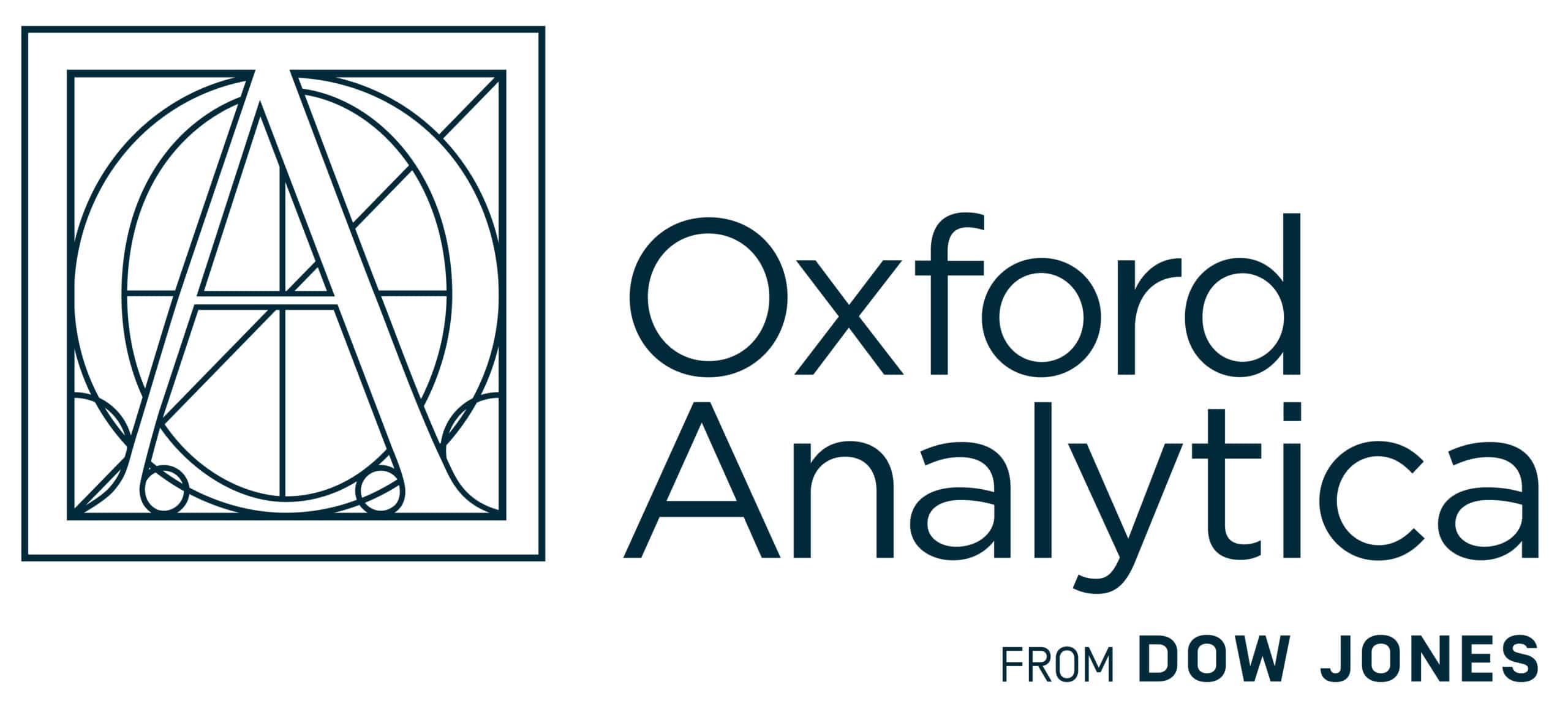Prime Minister Donald Tusk hopes to salvage his premiership by handing the presidential veto power to an ally
Poland will hold the first round of its presidential elections on May 18, with a run-off scheduled for June 1 if no candidate secures an outright majority. The stakes for the government are high, as the outcome of the election will determine whether Prime Minister Donald Tusk’s ruling coalition will be able to advance its stalled agenda or face continued obstruction from a president aligned with the right-wing opposition Law and Justice (PiS) party.
What’s next
Subsidiary Impacts
- A Trzaskowski victory would strengthen Poland’s standing with EU institutions, while Nawrocki and Mentzen would clash with Brussels.
- Poland’s commitment to high defence spending seems secure, with all leading candidates in favour of increased spending.
- There is an outside possibility of snap parliamentary elections in the event of a Nawrocki victory.
Analysis
The elections look set to be a key determinant of whether the transfer of power from PiS to Tusk’s coalition in 2023 will result in a significant rollback of illiberal changes introduced by PiS between 2015 and 2023 (see POLAND: A new government must undo PiS state capture – November 14, 2023), particularly with respect to the judiciary.
The Tusk government’s reform efforts have been repeatedly stymied by the willingness of PiS-aligned President Andrzej Duda — who is completing his second and last term — to wield his presidential veto powers, which the ruling coalition lacks the votes to overturn in parliament.
A victory for Trzaskowski or, far less likely, another ruling coalition candidate such as Parliament Speaker Szymon Holownia, would remove this block. On the other hand, a win for Nawrocki would allow the opposition to retain a powerful check on the government.
The contestants
The race is dominated by three main figures.
Rafal Trzaskowski
Trzaskowski, who was the close runner-up in his 2020 matchup against Duda, has led the field from the start of the campaign, consistently polling above 30%. Representing the pro-European, liberal wing of Polish politics, his key positions include restoring the rule of law, strengthening ties with the EU, liberalising Poland’s strict abortion laws, supporting LGBT rights and boosting defence spending.
Trzaskowski has tacked to the right on certain issues
Responding to shifting public sentiment, he has recently adopted a tougher stance on immigration, calling for limits on benefits for Ukrainian refugees and a “zero tolerance” approach to immigrant crime.
Although all polls project his victory over Nawrocki in a potential run-off, Trzaskowski faces the risk of apathy among core KO voters disillusioned by the pace of reform — particularly women, whose mass mobilisation was key to KO’s victory in 2023 — as well as the prospect of alienating left-wing voters with his positions on immigration.
Karol Nawrocki
Trzaskowski’s main rival is Nawrocki, a historian largely unknown to the public before his nomination. He represents PiS’s national-conservative base, with his platform emphasising traditional values, a strong national identity, Euroscepticism and a strict anti-abortion and anti-immigrant stance.
Nawrocki has consistently polled second at around 26%, but he has underperformed relative to PiS’s overall support, suggesting that he lacks the broader appeal necessary to win in the second round.
Slawomir Mentzen
Mentzen, the co-leader of the far-right Confederation party, is the dark horse of the race, with his support peaking at one point close to 20% in some opinion polls before tailing off.
Known for provocative public appearances and strong social media presence, he appeals particularly to young male voters with a platform of low taxes, economic libertarianism, nationalism, anti-immigration policies, military self-sufficiency and opposition to EU integration.
Although Mentzen’s chances of making the run-off seem to have diminished, his supporters are potential kingmakers in the second round, although they are potentially unreliable both in terms of their electoral participation and their second-candidate preferences.
Other candidates, including Holownia, the Left’s Magdalena Biejat and Razem’s Adrian Zandberg, currently poll in single digits.
Key issues
The campaign has been dominated by security and migration issues, driven by the war in Ukraine and concerns about irregular border crossings from Belarus (see POLAND: Warsaw to boost security amid espionage fears – May 29, 2024).
Defence
All leading candidates advocate increasing defence spending (see EASTERN EUROPE: EU defence push may benefit region – April 4, 2025). However, while Trzaskowski emphasises EU and NATO cooperation, Nawrocki prefers cultivating ties with US President Donald Trump’s administration at the expense of a multilateral approach, and Mentzen is pushing for national self-sufficiency.
Judicial reform
The future of judicial reform, and the rule of law more broadly, remains a central dividing line. Trzaskowski promises to reverse PiS-era changes and restore the independence of the courts, while Nawrocki would seek to preserve PiS’s influence.
Social issues
Social issues, such as abortion, LGBT rights and religious education, also differentiate the candidates, with Trzaskowski consistently finding himself on the opposite side from Nawrocki and Mentzen. His rivals aim to portray Trzaskowski as beholden to ‘imported ideologies’, hitting his standing among many conservative Poles, which may have prompted his rightward shift on some issues.
Stakes and scenarios
The election is effectively a referendum on Tusk’s government.
A Trzaskowski win would enable the ruling coalition to implement rule of law reforms, making it easier for the government to replace politically appointed judges, which would consequently reduce PiS’s influence in the judicial system (see POLAND: Government will struggle to reform judiciary – July 8, 2024). It would also diminish PiS’s ability to push back against socio-cultural reforms.
Yet having a friendly president in office would also remove the government’s excuse for inaction and potentially bring infighting in the ideologically diverse coalition into clearer focus (see POLAND: Abortion may drive a wedge in ruling coalition – September 20, 2024).
Conversely, a Nawrocki victory would signify a major comeback for PiS, following its stunning loss in 2023, allowing it to continue blocking government legislation and placing it in an advantageous position to win the next parliamentary election.
In the short term, continued conflict between the president and the premier could hurt Poland’s international standing, with the two pursuing opposing visions at a time when Warsaw expects to play an outsized role in European security (see POLAND: EU presidency will test new-found clout – January 22, 2025).
Continued rows between the president and the premier may hamper Poland’s foreign policy ambitions
Outlook
The election remains Trzaskowski’s to lose, but the race is volatile, and Nawrocki retains a path to victory, particularly if he can successfully consolidate the right-wing vote.
The role of Mentzen, either as a potential run-off contender or as kingmaker via his voters, adds another layer of unpredictability to a contest with profound implications for Poland’s domestic politics and international standing.



